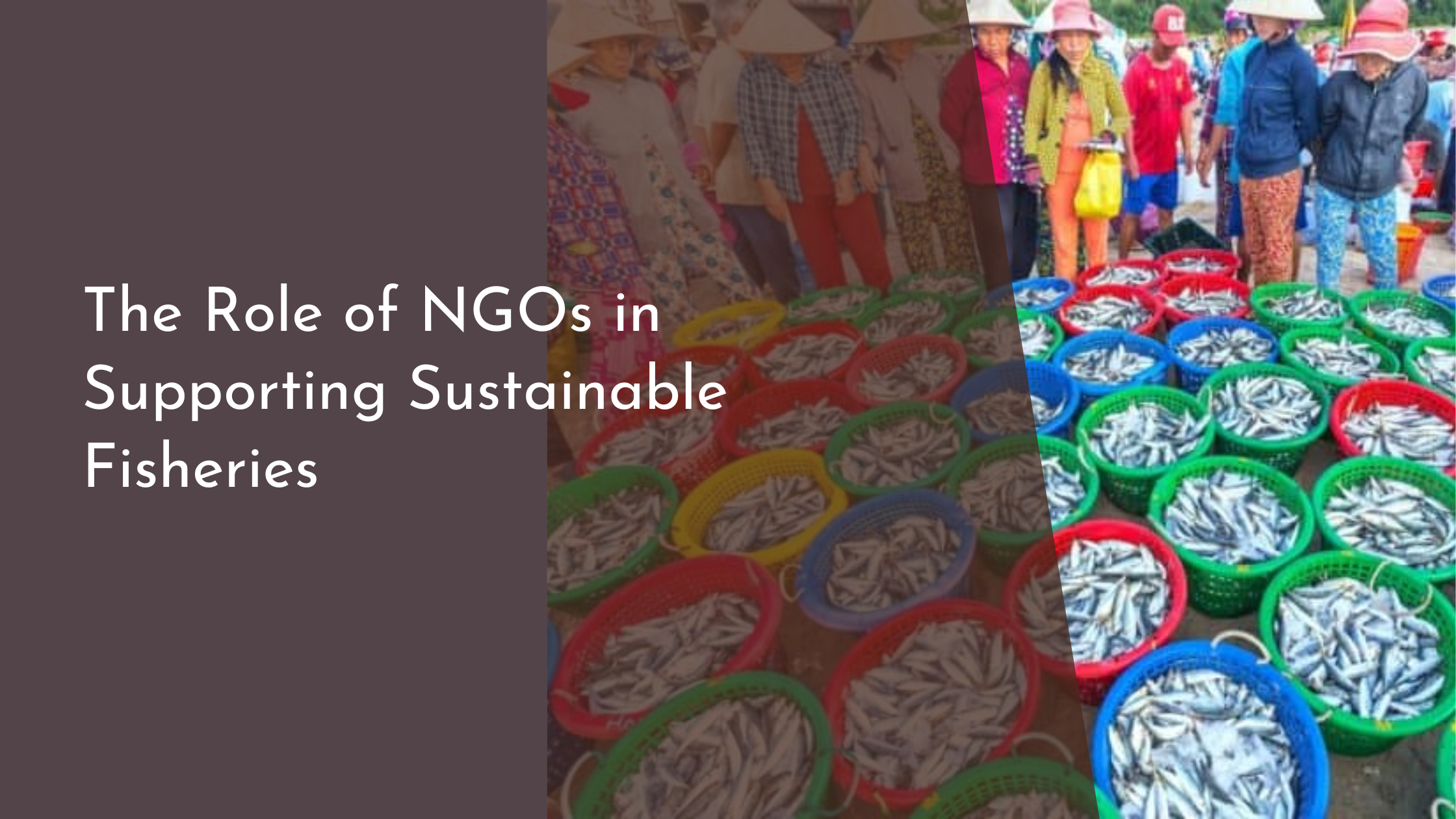The Role of NGOs in Supporting Sustainable Fisheries
Sustainable fisheries are the backbone of ensuring the long-term health of our oceans and food security for millions around the globe. As pressures on marine resources continue to mount, the role of Non-Governmental Organizations (NGOs) in supporting sustainable fisheries has become increasingly vital. These organizations not only advocate for responsible fishing practices but also foster collaborative efforts with local communities, leading to positive changes in marine ecosystems. In this article, we explore how NGOs champion sustainable fisheries and the significant impacts of their work.
Understanding Sustainable Fisheries and Their Importance
Sustainable fisheries aim to manage fish stocks in a way that meets the needs of the current population without compromising the ability of future generations to meet theirs. This involves maintaining fish populations at healthy levels, minimizing environmental impact, and ensuring that fishing activities are economically viable. The importance of sustainable fisheries cannot be overstated; they help preserve marine biodiversity, ensure food security, and support the livelihoods of millions who depend on fishing industries.
The degradation of fish stocks due to overfishing and environmental changes poses a significant threat to sustainable fisheries. By adopting sustainable fishing practices, we can mitigate these effects and promote the recovery of marine ecosystems. Healthy fish populations play a crucial role in the food chain and the overall balance of oceanic life. Sustainable fisheries ensure this balance is maintained, ultimately supporting the resilience of marine ecosystems in the face of climate change and human impact.
How NGOs Advocate for Sustainable Fishing Practices
NGOs play a pivotal role in advocating for sustainable fishing practices by raising awareness about the importance of preserving marine resources. They conduct research to provide data-driven insights into the status of fish populations and the impact of fishing methods. With this knowledge, NGOs engage in policy advocacy, pushing for regulations that limit overfishing, bycatch, and destructive fishing techniques, such as bottom trawling.
In addition to advocacy, NGOs also engage in educational campaigns to enlighten both consumers and fishers about sustainable seafood choices. They develop certification schemes and eco-labels that help consumers identify sustainably sourced fish, thereby driving demand for responsible fishing practices. By empowering consumers and industry stakeholders with information, NGOs help create market incentives for sustainable fisheries, encouraging fishers to adopt practices that preserve marine resources.
Collaborations Between NGOs and Local Communities
Collaboration with local communities is a cornerstone of the work NGOs do to support sustainable fisheries. By partnering with fishermen, coastal communities, and indigenous groups, NGOs help implement community-based management practices that are culturally and ecologically appropriate. These partnerships often involve setting up marine protected areas, designing catch limits, and promoting alternative livelihoods to reduce fishing pressure.
Through these collaborations, NGOs also facilitate knowledge exchange between scientists and local fishers. This fosters a mutual understanding of the complexities of marine ecosystems and helps communities build capacity for sustainable management. By integrating traditional knowledge with scientific research, NGOs empower local communities to take ownership of conservation efforts and ensure the long-term success of sustainable fisheries initiatives.
The Positive Impact of NGOs on Marine Ecosystems
The efforts of NGOs in supporting sustainable fisheries have tangible positive impacts on marine ecosystems. By advocating for and implementing sustainable practices, NGOs contribute to the recovery of depleted fish stocks, allowing marine life to thrive. This revitalization of marine biodiversity benefits not only the ecological health of the oceans but also the economic stability of communities reliant on fishing.
Furthermore, NGOs contribute to the resilience of marine ecosystems against the adverse effects of climate change. Healthy fish populations and well-managed marine environments are better equipped to adapt to changes, such as ocean temperature fluctuations and acidification. By supporting sustainable fisheries, NGOs play a critical role in safeguarding the future of our oceans, ensuring they continue to provide essential resources and natural beauty for generations to come.
The role of NGOs in supporting sustainable fisheries is indispensable in the quest for preserving the health of our oceans and the well-being of those who depend on them. Through advocacy, education, and collaboration with local communities, NGOs drive significant progress towards more responsible and sustainable fishing practices. Their impact is both broad and deep, nurturing marine ecosystems, enhancing economic stability, and contributing to global food security. As awareness and commitment to sustainable practices grow, the continued efforts of NGOs are crucial in ensuring a vibrant and resilient future for our oceans.

